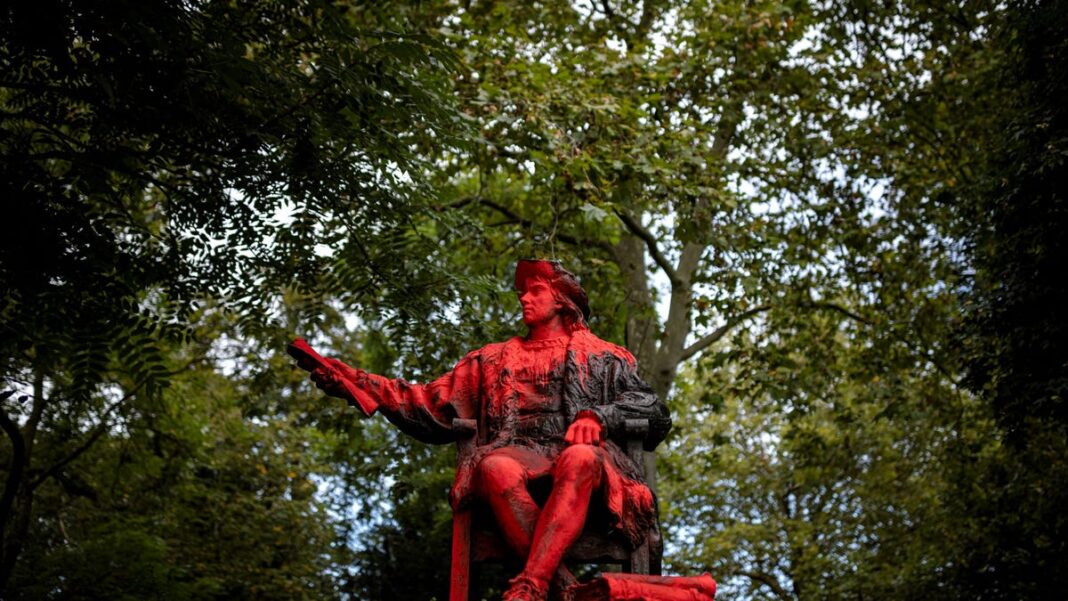Understanding Indigenous Peoples’ Day: The Movement to Replace Columbus Day
Monday is increasingly recognized as Indigenous Peoples’ Day, which honors the history and culture of Native Americans.
Traditionally celebrated as Columbus Day on the second Monday of October, this holiday is still observed federally. However, many advocate for shifting the focus to reflect on the significant harm caused by Columbus to the Indigenous peoples present in the Americas prior to his arrival.
For the last three years, Indigenous Peoples’ Day has been acknowledged through federal proclamations. In 2023, President Joe Biden declared the day to “honor the resilience and bravery of Indigenous peoples.”
Although not all states celebrate Indigenous Peoples’ Day, supporters argue that it is crucial to reject Columbus’ grim legacy and to acknowledge Native American communities in contemporary society.
Here’s what you should know:
Is Indigenous Peoples’ Day an official holiday?
This varies by location, as Columbus Day remains a federal holiday.
Roughly 29 states and Washington, D.C. do not observe Columbus Day. About 216 cities have either renamed the day or replaced it with Indigenous Peoples’ Day, according to renamecolumbusday.org. Some states formally recognize Indigenous Peoples’ Day via proclamations, while others treat it as an official holiday.
At the federal level, the Biden administration has issued proclamations for Indigenous Peoples’ Day for the past three years.
“Indigenous peoples exemplify resilience, strength, and determination, contributing immensely to society. Indigenous communities and Tribal Nations continue to practice their customs, honor their heritages, and share their histories through generations,” Biden stated in his 2023 proclamation concerning the holiday.
Why are some states moving away from Columbus Day?
The elementary school narrative about Christopher Columbus is only a partial account.
Indigenous populations inhabited the Americas for thousands of years before Columbus arrived, and the contact with European settlers resulted in catastrophic loss of life, culture, and land for Native Americans, as noted by the Smithsonian National Museum of the American Indian.
Opponents of Columbus Day highlight that Columbus was responsible for numerous atrocities when he reached the Americas. Here are some of those acts, as reported by Philadelphia Magazine:
- Columbus had the hands of around 10,000 natives in Haiti and the Dominican Republic severed because they did not provide sufficient gold every three months.
- He amputated the legs of Indigenous children who attempted to flee.
- Columbus was involved in the sexual exploitation of girls as young as nine and ten.
Shifting the celebration from Columbus Day to Indigenous Peoples’ Day fosters acknowledgment of Indigenous histories, providing a fuller perspective of historical events, according to the museum.
By observing Indigenous Peoples’ Day, it is also possible to honor the Native Americans who continue to advocate for recognition and environmental justice today.

